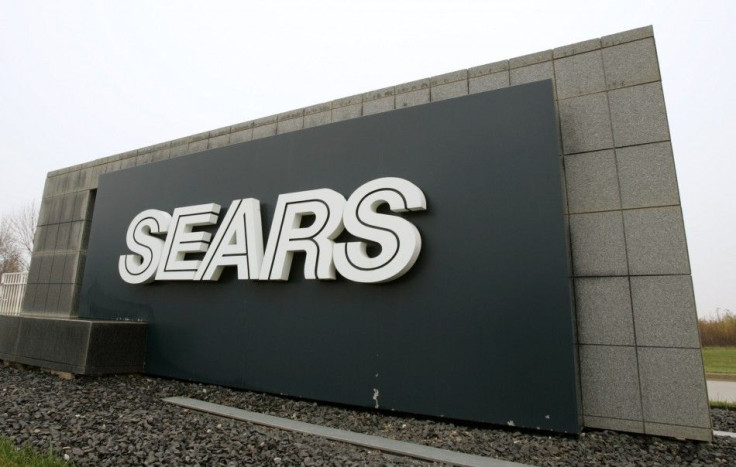New Zealand Urged To Create Global Companies

New Zealand has been urged by a slew of thought leaders to take the next big step by creating companies with a scale. Andy Hamilton, chief executive of business incubator “The Icehouse” suggested the country’s economy neded to become more competitive, as there is a risk in the Government’s preoccupation with the macro factors.
According to Hamilton, though New Zealand can boast of great people and teams which are world beaters, it still lacks great companies on a global scale. He raises a question-- how many companies in New Zealand employ more than 100 people? He has the answer. There are 2318 firms, where the number of employees is 430, and represent the base of 48 percent of the total workforce in the country.
Implications Ahead
Hamilton wants a more realistic approach and a new focus. New Zealand is proud of its commodities and can make stuff like milk and more recently technology too. But the big question is --can New Zealand build big companies that ultimately benefit Kiwis to create a better future for New Zealand? He says one Fonterra is not going to cut it as it will be like a “key person risk.”
Hamilton says the way out is grooming the talent needed to build big and bigger companies. New Zealand has a great talent pool of expats and Kiwiphiles with skills, experience and networks. But New Zealand needs more of early stage investors, angels and venture capitalists to support and enable the companies to succeed. He mentions names like Peter Thiel of Founders Fund and Vinod Khosla of Khosla Ventures as inspirational examples.
Shortcomings
In Hamilton’s view, New Zealand faces a dire lack of entrepreneurs who can turn ideas into companies like the Israelis or Americans have done. Another shortcoming is the absence of investment bankers with global capital pools to support companies with “global aspirations.” Hamilton feels now is the time to do something.
Overseas Kiwis must come on the boards of domestic companies to give them an outside-in perspective. There are examples like Bridget Coates, Derek Handley, Phil Veal and Claudia Batten having served on the boards of domestic companies. Hamilton cautions that things are good in New Zealand, but it should not delude the entrepreneurs. The inability to build scale and global corporations in New Zealand needs a solution.
Think Big
Meanwhile Indian billionaire Nandan Nilekani also echoed similar thoughts and said scale is a problem among companies in New Zealand. He said scale is essential to leverage growing markets like India. Nilekani is the co-founder of Indian IT major Infosys and was twice named by Times magazine as one of the top 100 influential people in the world. He also served as the chairman of the Unique Identification Authority of India. Nilekani, who was on his first visit to New Zealand said, what struck him about the Kiwi companies was they were not used to dealing with scale because of the country's small population.
The Industry veteran advised New Zealand companies to refocus. From the low volume and high cost paradigm, they need to re-work to the other way, in order to compete in markets like India, which is a "price-sensitive" market. Nilekani was in Auckland for the India-New Zealand Business Council summit.
(For feedback/comments, contact the writer at kalyanaussie@gmail.com)





















